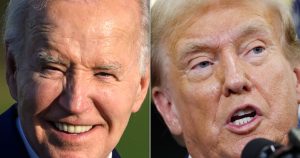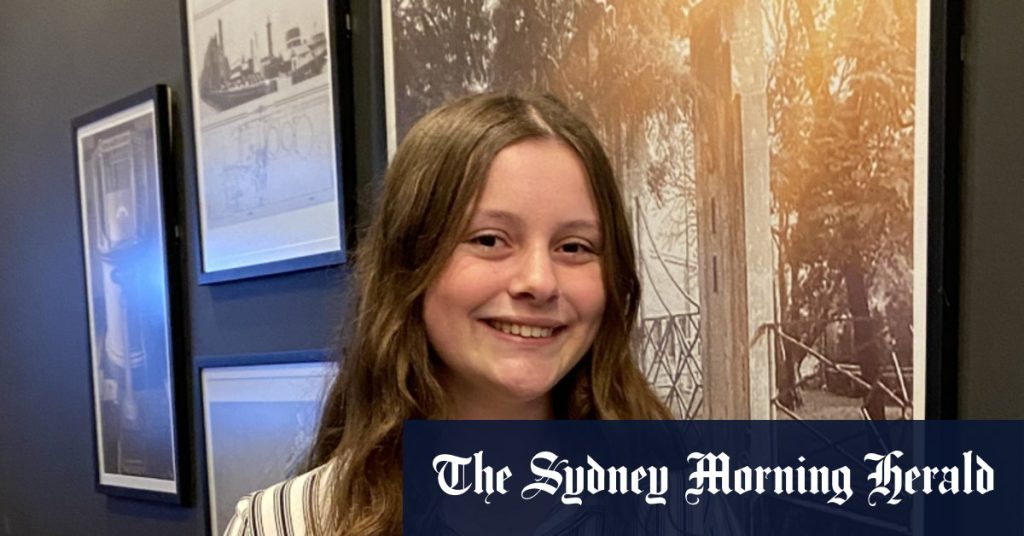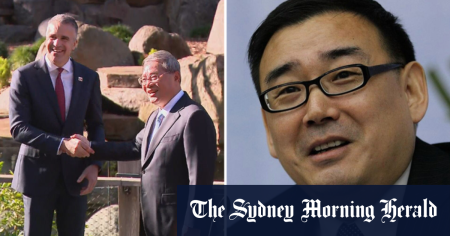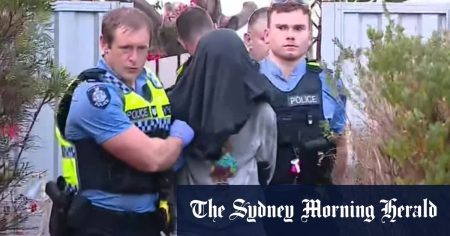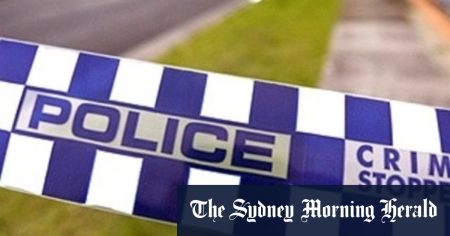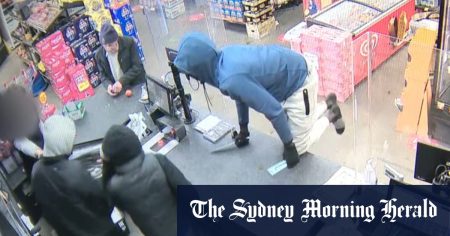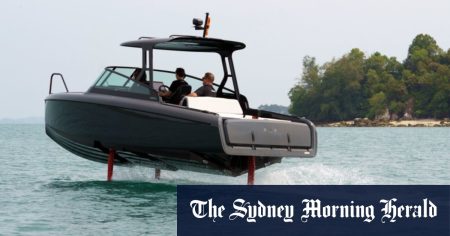The Queensland Museum has a repatriation team, but there is currently no legislation in place regarding the return of Indigenous objects and remains. It is up to the discretion of the board at the time whether or not these items are returned to their communities. Not all Indigenous objects and remains are allowed to be viewed at the museum. As of now, the museum holds 1380 sacred objects and skeletal remains, an increase from the previous year. Stone, a representative of the Youth Aboriginal and Torres Strait Islander Partnerships Committee, believes that legislation changes are necessary to ensure that museums have set guidelines for the return of these items.
The proposed legislation would not make the return of remains mandatory, but rather leave it to the discretion of the elders in the community. The elders may choose to have the objects held for them if they do not have the capacity to store them. The committee will be meeting with Queensland Museum representatives to discuss their proposal and seek more transparency around the figures included in the museum’s annual report on Indigenous artefacts. They are advocating for an itemized list detailing whether permission has been granted to hold or return these items, as well as the steps being taken towards repatriation.
Stone and the committee recently attended an Indigenous women’s leadership forum to better understand the concerns and hopes of the community regarding the repatriation of sacred objects and remains. The approach is not to dictate how museums should handle repatriation, but rather to emphasize the importance of consultation with the communities and efforts to return items if desired. Stone believes that by being specific and clear about their proposal, there is a high likelihood of it being approved and enacted into legislation. This has been seen in past instances where youth parliament bills have led to important laws being implemented in Queensland.
The Youth Aboriginal and Torres Strait Islander Partnerships Committee will continue to advocate for legislative changes regarding the repatriation of Indigenous objects and remains held in museums. They are seeking to ensure that guidelines are in place for when and how these items are returned to the communities they belong to. By consulting with the elders and working towards increased transparency and accountability in the handling of sacred objects, they hope to create a framework that respects the wishes and needs of Indigenous communities. The proposed legislation aims to prioritize the voices and decisions of those directly affected by the repatriation process.
By participating in discussions with Queensland Museum representatives and pushing for more transparency in their reporting, the committee is taking proactive steps towards achieving their goals regarding repatriation. The committee’s engagement with the broader Indigenous community, as well as their attendance at forums and events to gather feedback and insights, demonstrates a commitment to inclusive and respectful decision-making processes. The proposal for legislative changes represents a significant opportunity to address long-standing issues around the treatment of Indigenous objects and remains in museums, and to promote ethical and culturally appropriate practices in the management and repatriation of these items.


